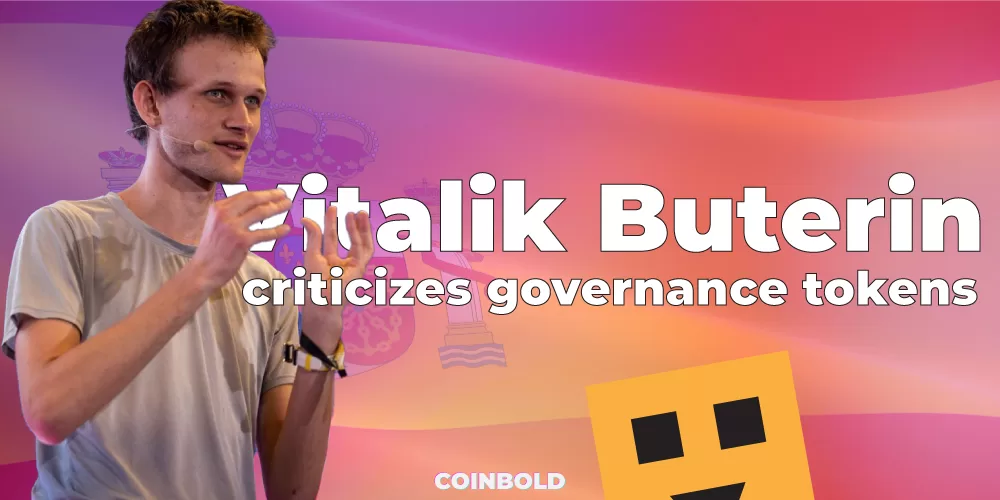Ethereum co-founder Vitalik Buterin shares his perspective on crypto governance rights, saying he finds the notion of governance rights as a narrative for why a token should be valuable is “pathological.”
Buterin responded to this accusation in a tweet by stating, “You’re effectively claiming that the reason I’m purchasing $X is because later on someone could purchase it from me and a lot of other people to twist the protocol toward their particular interests.”
Token holders of a certain sort of cryptocurrency called governance tokens are given the right to vote on any community proposals that are put forth. The decentralization of decision-making and the provision of holders with a voice in the management of the project are the two fundamental goals of governance tokens.
Vitalik Buterin is arguing that this shouldn’t be the sole application for those tokens and that there should be other uses. The only people for whom it is a decent trade are multimillionaires, hedge funds, and attackers; for a user to obtain a 0.0001% chance to influence the outcome of certain votes is simply not a good trade. Multimillionaires, hedge funds, and attackers are the only people for whom it is a decent trade.
We have witnessed instances in which the person or organization who issued the proposal used tokens that they had hoarded to buy the largest number of votes in support of their proposal. This runs counter to the goal of decentralization and is one of the reasons why we have seen it happen.
Buterin gave this response in response to a question about whether or not he has any thoughts on the most effective way to manage a decentralized protocol: “The governance that is now in place on Ethereum works fairly well and is definitely better than a coin vote would have been.”
When a user expressed doubt on how governance rights differ from ownership, Buterin gave an example noting, “When you own a Starlink, you’re not getting any governance rights over the Starlink network. You’re getting a thing that has direct use value to you personally.”
When you own a Starlink, you're not getting any governance rights over the Starlink network. You're getting a thing that has direct use value to you personally.
— vitalik.eth (@VitalikButerin) November 29, 2022
Some users argued that this is the same process that is used for stocks, but Vitalik refuted those claims by stating that the concept of shareholder voting necessitates a wide variety of regulations, such as minority shareholder protection, in order to function effectively.
Compiled by Coinbold


